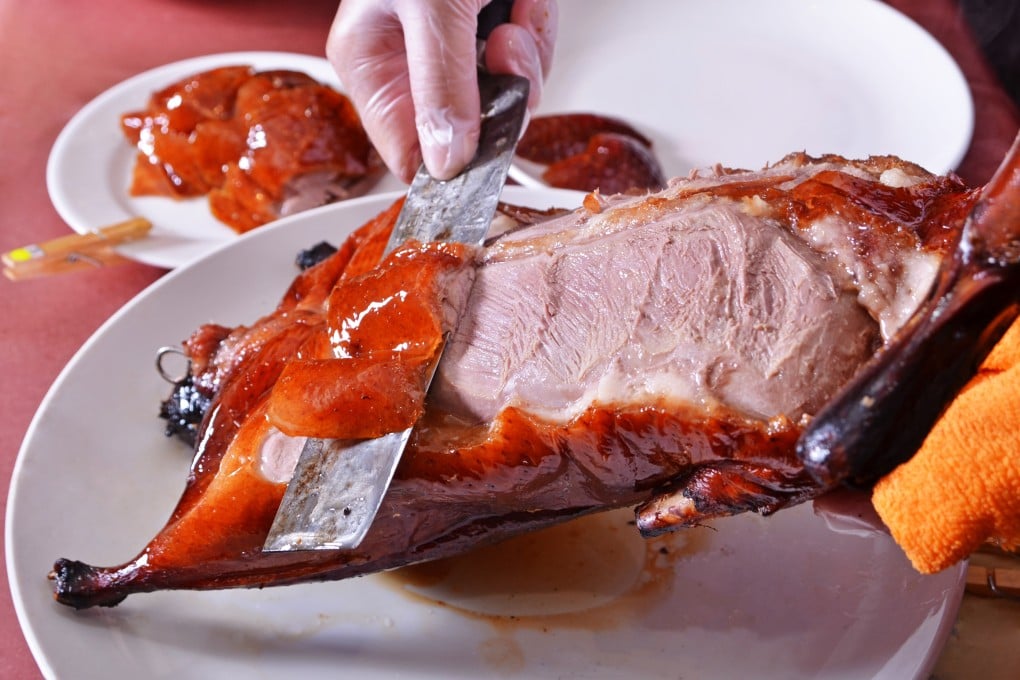Chinese consumers turn to ‘prefabricated’ food for Lunar New Year, pushing annual sales towards US$80 billion mark
- From traditional Cantonese cuisine poon choi to Peking roast duck, consumer demand for ‘prefabricated’ dishes has risen amid Covid-19 pandemic
- Some 68,000 companies have entered the fray in the mainland China market, including more than half in the past five years

Orders for such products on Dingdong Maicai, an online food-catering platform, more than quadrupled last week ahead of the holiday to usher in the Year of the Tiger on February 1. Dishes with names and meanings for health and prosperity surged by up to tenfold, official data showed.
Choie Lu, a resident in Foshan in southern Guangdong province, bought some ready-to-consume food packs as New Year presents for her clients. “It’s very convenient, with different choices in terms of categories and sizes,” she said.
Meal kits and ready-to-eat packs – commonly known as “prefabricated food” in mainland China that includes instant cold and hot food – have not only grown in popularity but also in variety over the years. From frozen dumpling to pre-wash vegetables, they have expanded to include traditional Cantonese poon choi, Peking duck and Sichuan-style fish fillets.
This segment of the food industry started showing its early promises in 2014, when food-delivery services took off as restaurants adopted the format to meet demand for home deliveries and takeaways. The trend accelerated from 2020 after the Covid-19 outbreak, driven by travel curbs and lockdowns.
Sales in the business segment was worth 346 billion yuan (US$55.4) last year, according to an estimate by consultancy iiMedia Research. They may grow by about 20 per cent annually to reach more than 500 billion yuan in 2023, it said.